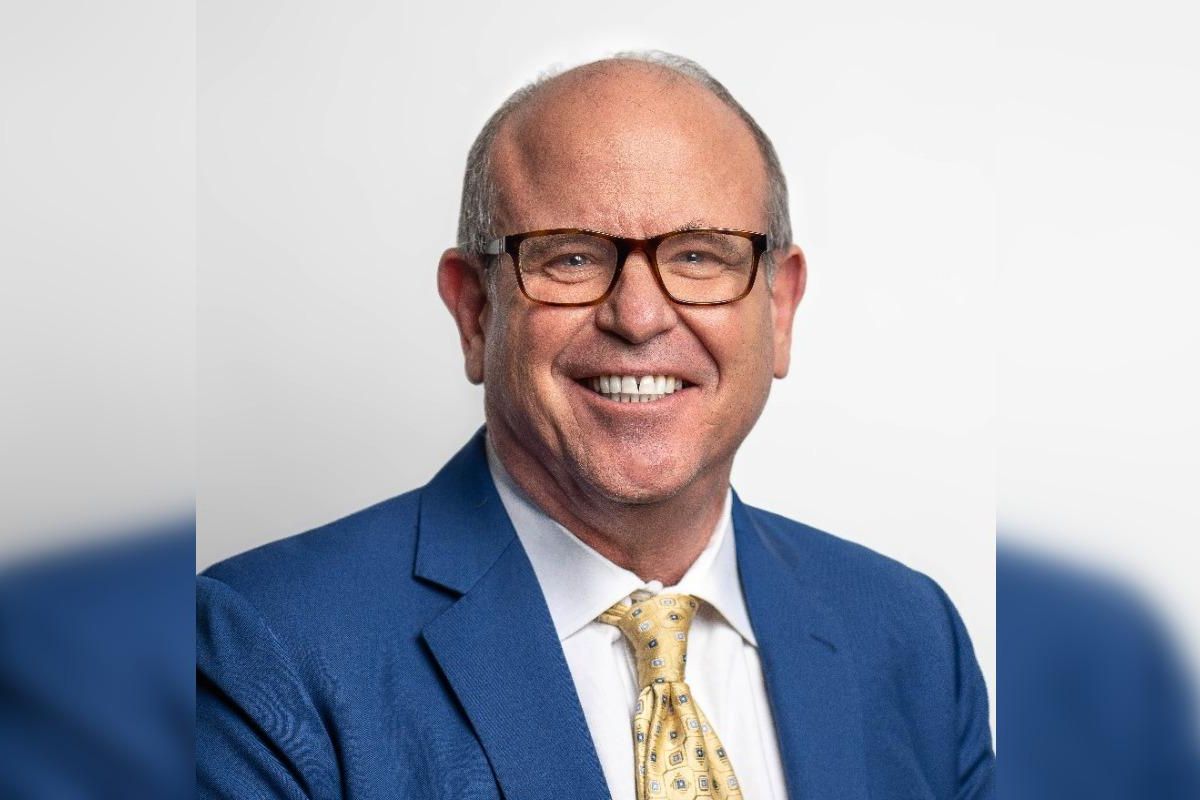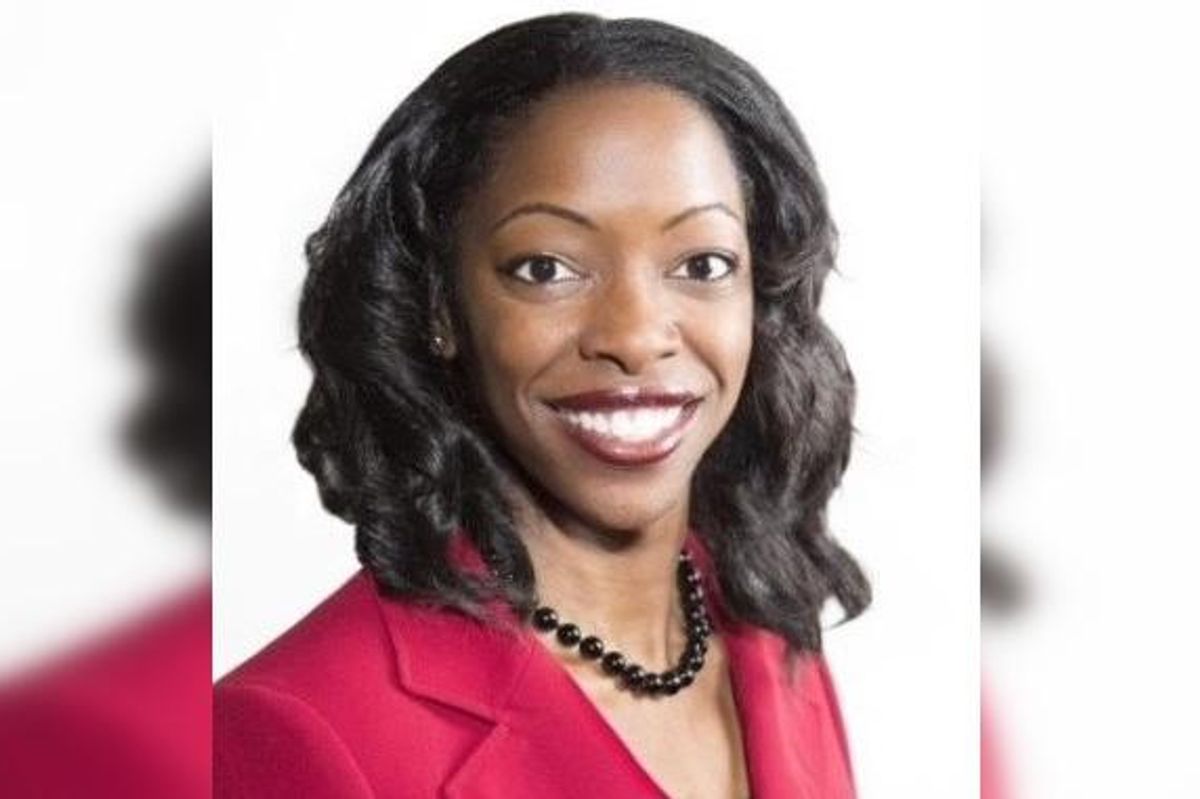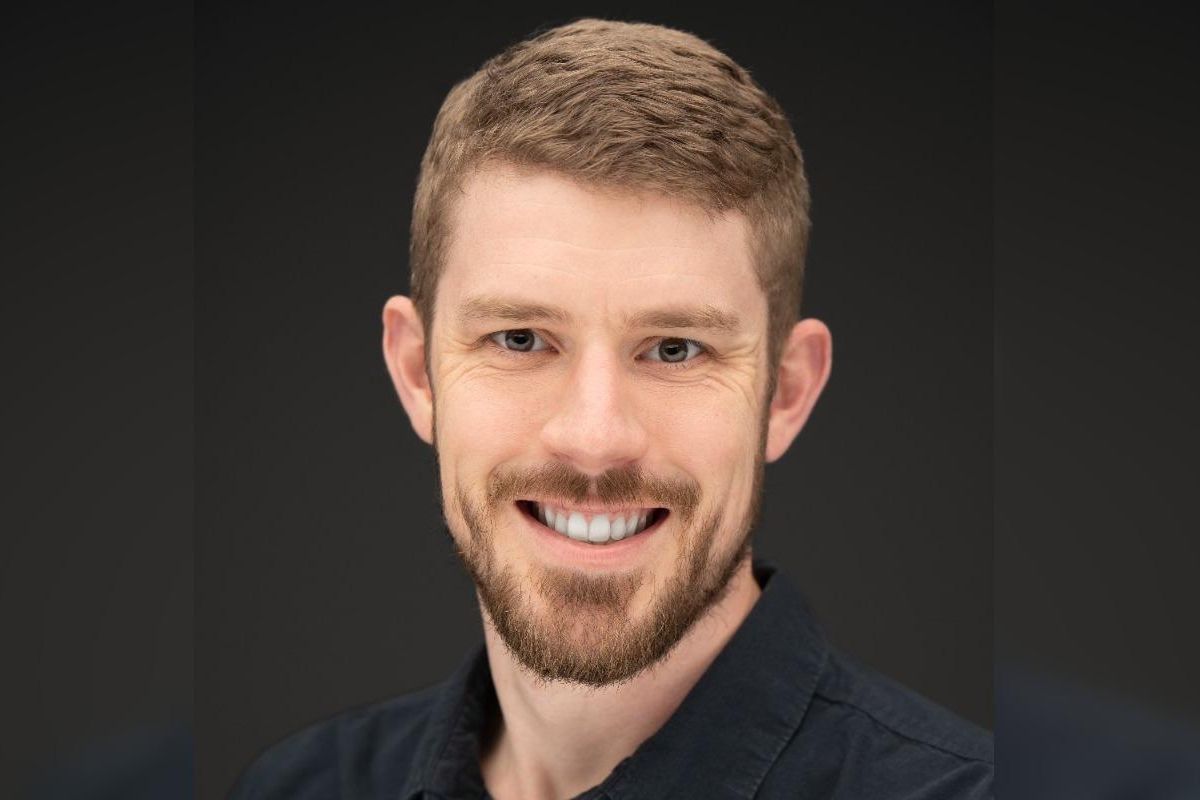Editor's note: In this week's roundup of Houston innovators to know, I'm introducing you to three local innovators across industries — from insurtech to entrepreneurship — recently making headlines in Houston innovation.
John Higgins, CEO of illumiPure

CleanWhite can quickly and continuously sanitize high-touch areas through its light-based technology. Photo via LinkedIn
Houston-based illumiPure recently announced that it has received a worldwide patent for its LED white light disinfectant earlier this year, known as CleanWhite. The product can quickly and continuously sanitize high-touch areas while a room remains occupied and has shown an elimination of 99 percent of surface bacteria, spores, mold, biofilms, and viruses including SARS-CoV-2 through light-based technology. It's intended to be used in areas like kitchens, restrooms, and locker rooms and is safe for humans and pets.
CleanWhite uses spikes of light wavelengths at 405 and 470 nanometers to kill surface pathogens. Unlike other products on the market, CleanWhite can emit these levels without also emitting a visible purple-violet light while also suppressing blue light wavelengths.
"CleanWhite features technology that makes it the first of its kind, achieving a sought-after solution to produce 405+470 nm blue light as white light," John Higgins, CEO of illumiPure, says in a statement. "As a result of this revolutionary finding, we anticipate the patent’s success across a myriad of industries, including education, healthcare, hospitality, and retail.” Click here to read more.
Natara Branch, CEO of Houston Exponential

Meet Natara Branch — the new CEO of HX. Photo courtesy of Natara Branch
Ever since she accepted the new position as CEO of Houston Exponential, Natara Branch has been on a listening tour of Houston's innovation ecosystem. Branch explains on the Houston Innovators Podcast that she has a passion for the city of Houston, and she's got open ears to anyone in the ecosystem who wants to contribute to the advancement of the city's tech ecosystem.
As she explains, she is getting her fair share of feedback — but she has an ask for anyone who she's met.
"I am challenging people. You're not just going to give me feedback and sit back and watch. You're going to participate," Branch says. "I have not met one person who doesn't want Houston to win — they wouldn't be here if they didn't." Click here to read more and listen to the podcast.
Daniel Murray, co-founder and chief underwriter of Covenant Underwriters

The emerging insurtech industry has a plethora of opportunities for job seekers and more. Photo courtesy
More than 100,000 Houstonians work in insurance, according to Daniel Murray, co-founder and chief underwriter of Covenant Underwriters, a Houston-based insurtech start-up, building e-commerce insurance products for underserved niches. But the 400-year-old industry is hungry for tech talent.
In a guest column for InnovationMap, Murray explains the need for tech and innovation within insurance — and the opportunity the industry has.
"The adage goes that everyone in the insurance industry was either born into it or tricked into it," he writes. "This may have applied to the last generation, but today’s insurance industry offers vast opportunities (including remote) for every discipline, especially for tech job seekers." Click here to read more.
